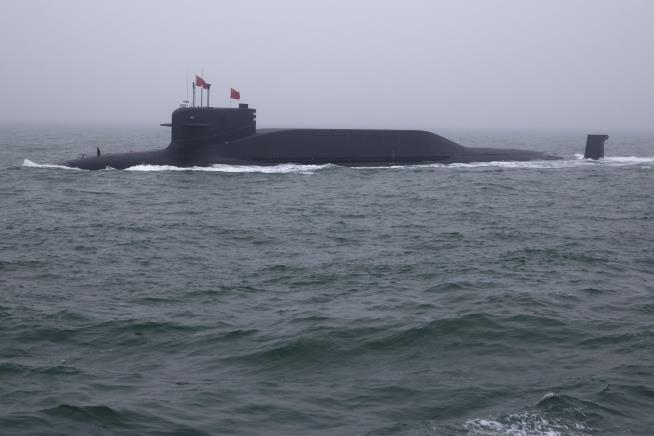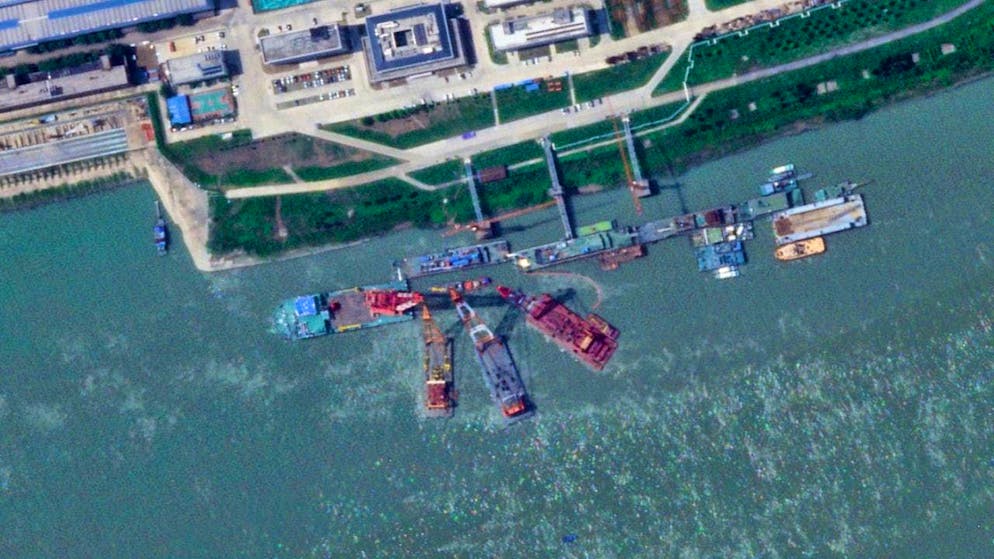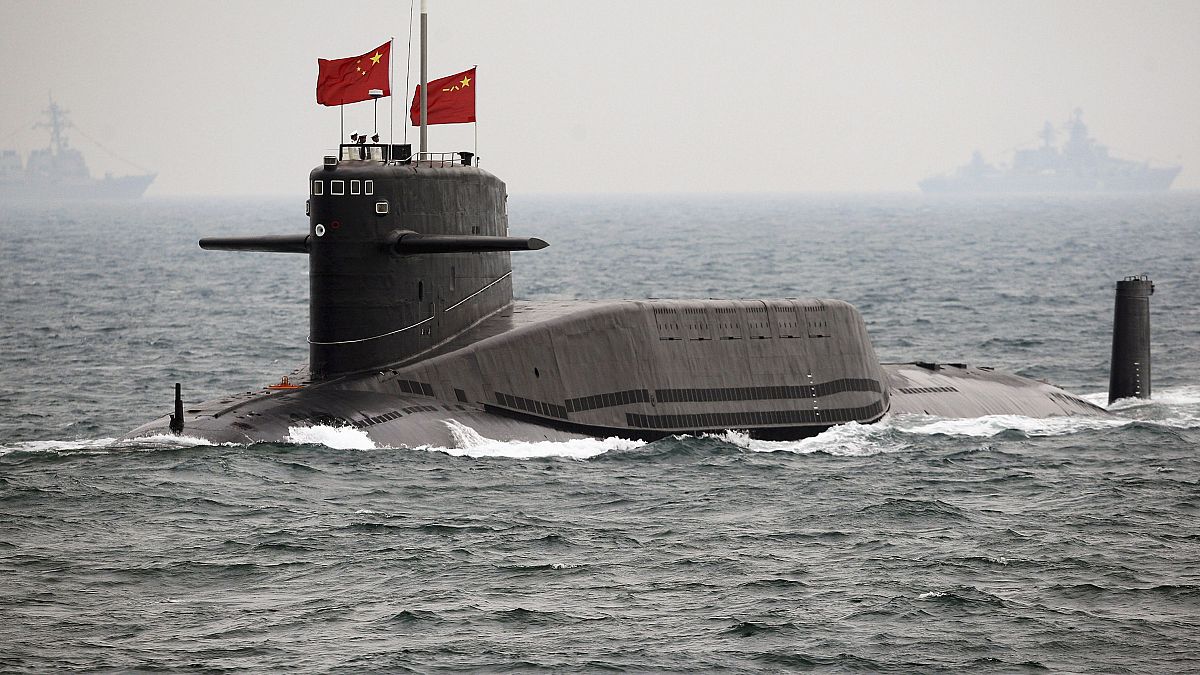In a stunning turn of events, China’s newest and most advanced nuclear submarine has made headlines not for its capabilities, but for its shocking fate. Just after its unveiling, this cutting-edge vessel met an unexpected demise, sinking while undergoing construction at its dock. This incident marks a significant setback for Beijing as it strives to expand and strengthen its naval forces, aiming to dominate the waters with the world’s largest navy. The implications of this embarrassment resonate beyond mere military technology, stirring concerns and speculations regarding China’s maritime ambitions and the integrity of its naval innovations.

In a surprising turn of events that has left military analysts and officials in disbelief, China recently disclosed its latest nuclear submarine, only to witness the vessel sinking just after its launch. This unprecedented incident not only marks a significant embarrassment for the Chinese military but also raises alarming questions about the safety and reliability of their burgeoning naval capabilities.
Table of contents
ToggleA Bold Display of Naval Power
This new Zhou-class nuclear submarine was introduced amidst much fanfare, symbolizing China’s ambition to enhance its position as a major global naval force. The vessel was part of a broader strategy to assert dominance over the seas—the country already boasts the world’s largest navy. The unveiling was expected to bolster China’s national pride and military prowess.
The Sudden Setback
However, just days after its debut, reports emerged indicating that the submarine succumbed to rough waters and critical operational failures while still docked near the construction yard. According to U.S. officials, preliminary assessments suggest that the submarine might have been carrying nuclear fuel at the time of the incident. Such factors compound the gravity of this situation, preoccupying naval experts with concerns over environmental and safety implications.
Embarrassment Beyond the Hull
The sinking of this high-profile vessel delivers a tremendous blow to Beijing’s aspirations. The incident reflects not only poor engineering and construction oversight but also suggests systemic issues within China’s military development protocols. Additionally, analysts emphasize that this embarrassment could slow down China’s plans to expand its nuclear submarine fleet, which is essential for maintaining strategic balance amid rising tensions in regional waters.
Impact on China’s Naval Strategy
Military analysts are closely monitoring how this incident might alter China’s naval strategy moving forward. There are growing concerns regarding the effectiveness of China’s submarine detection technology and the robustness of its fleet integrity. This event arrives simultaneously with reports of Japan’s increasing naval advancements, further unsettling the balance of power in the region.
What Lies Ahead?
The Chinese military must now grapple with the implications of this sinking on its global perception and internal evaluations. How will they manage future endeavors in submarine technology? And what measures will be implemented to restore confidence in their marine capabilities? The ship’s sudden demise poses critical questions that could define the trajectory of China’s naval ambitions for years to come.

Six months ago, China's most advanced nuclear submarine sank.https://t.co/Ff3h67GjBx
— Gregory Brew (@gbrew24) September 26, 2024














